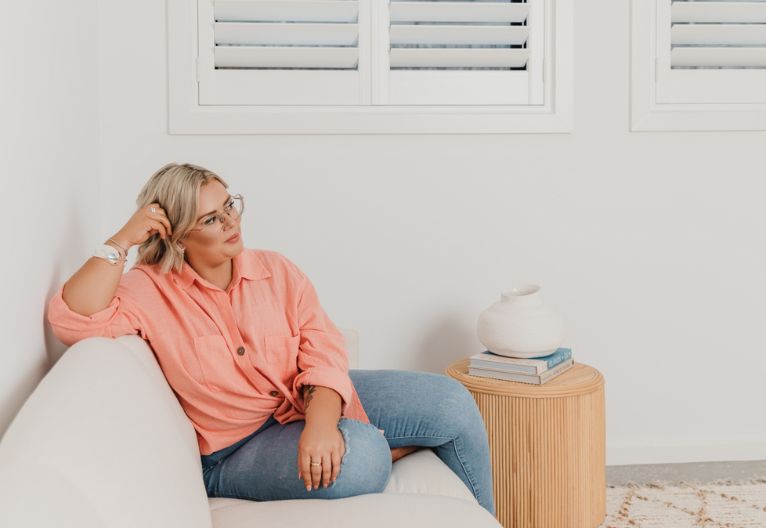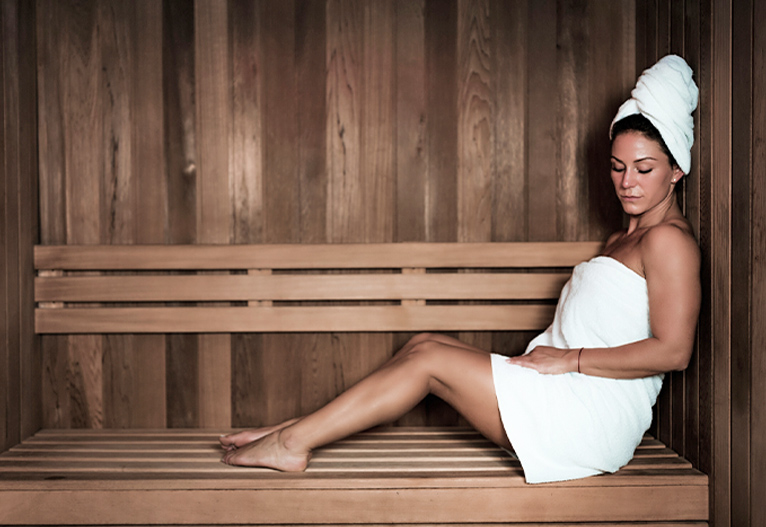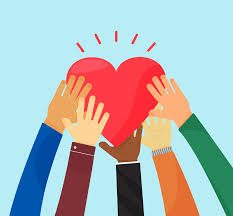What is a sexologist? We’re throwing back the covers and chatting to one of Australia’s leading sexologists about what she actually does … and what she reveals may surprise you.

Laura Lee is a psychologist & sexologist with over 17 years of experience in clinical practice and coaching. She is the Director of Blue Space Psychology where she provides individual psychological and sexual therapy. In addition to clinical practice, Laura provides supervision, professional consultation and workshops to healthcare providers. She also offers online courses, education and coaching, and is a sought-after speaker and trainer. Laura‘s work has been published in the Journal of Positive Sexuality, where she explored how communication impacts sexual desire & satisfaction. Her extensive experience, academic research and practical insights, coupled with her warm and authentic communication style, show that she is a highly respected voice in the fields of psychology and sexuality.

I’m a psychologist and sexologist.
When I meet new people who ask what I do for a living, and I give them this answer, you can imagine the reactions I get! Some awkwardness perhaps, but mostly curiosity. I explain that a sexologist works at the intersection of all things sex, relationships and mental health.
I’m passionate about supporting people who want to reclaim their sexuality, to feel confident, joyful, and shame-free in how they relate to sex, their bodies, and their relationships. I started as a psychologist back in 2008. This means I’ve been trained to support people with their mental health and emotional wellbeing. But I found myself drawn again and again to the parts that don’t get talked about enough. The parts full of shame, confusion, disconnection, and silence – so I decided to retrain and specialise in sexology.
What is sexology?
Just to explain what that actually is, sexology is the scientific and clinical study of human sexuality. It’s a field that blends psychology, biology, sociology, gender studies, education, and more.
Sexologists work in all sorts of ways. Some are researchers, studying things like sexual health, pleasure, or gendered experiences of desire. Others are educators, helping people understand their bodies and relationships in school or community settings.
Some work in advocacy or public health. Others – like me – offer direct support to individuals, couples, and groups through therapy, coaching, and workshops.

As a sexologist and psychologist, I focus on helping people to explore, enjoy and embrace their sexuality, whatever that looks like for them. That might mean working with someone who’s feeling low desire and doesn’t know why. Or supporting a couple who feel like they’re on totally different pages sexually.
It might mean helping someone unpack religious or cultural shame that’s left them disconnected from their body. Or working with someone navigating kink, consensual non-monogamy, or gender and sexual identity.
Sometimes it’s about helping people navigate barriers to pleasure such as low mood, pain, anxiety or body image challenges. I also support people through broader relationship and intimacy challenges: communication issues, emotional safety, mismatched needs, or rebuilding trust.
Sometimes, sex therapy is about skill building or providing information and resources. But often it’s about feelings, patterns, histories, and connection.
What happens in sex therapy?
Honestly, it’s usually a lot of talking. It’s a space where you can name what’s really going on without judgment. We explore what’s happening in your body, your thoughts and your emotional world. It’s about connecting dots and challenging shame. During therapy my clients build skills and experiment gently with new ways of thinking, communicating, and feeling. There’s usually homework!
You don’t have to have the right words all the time. I acknowledge that none of us were really taught to talk about sex. We live in a very sex-negative culture where talking about sex is still frowned upon, and therefore awkward for most people.
One of my favourite things about this work is when people realise they’re not broken. So many of us carry ideas about how we’re supposed to feel or behave sexually.Tthat we should always want sex, or that desire has to come before pleasure. Or that if we’re struggling, something is wrong with us. But none of that’s true. Sexuality is diverse, dynamic, and deeply individual, and learning how to work with your body and mind, instead of fighting them, can be life-changing.
What else do you do as a sexologist?
Outside of 1:1 work, I also run a membership program called Unbound. This is where we dive deeper into topics around sex, relationships, and mental health. It’s a space for learning, exploring, and asking the big (and little) questions about what it means to live a full, connected, and pleasurable life.
Whether I’m working with a client, writing an article, or running a workshop, the heart of my work is the same. I help people feel more at home in their bodies, more connected to their desires, and more confident in their relationships.
Because sex is not just about what happens in the bedroom; it’s about how we relate to ourselves, how we connect with others, how we express who we are, and how we make sense of our world.
Do you have a question you’d like to ask Laura? You can add your question in the comments below (anonymously if you prefer) and we’ll put some of the questions and her answers in an upcoming article.





-

-
-
Kindness, NSW
- 08 Oct 2025
👍
0 Likes
-

-
-
Meedee, QLD
- 25 Sep 2025
👍
0 Likes
-

-
-
BH516846, NSW
- 28 Aug 2025
👍
0 Likes
-

-
-
BH517511, SA
- 13 Jun 2025
👍
0 Likes
-

-
-
BH516706, NSW
- 06 Jun 2025
👍
0 Likes
-

-
-
BH516496, QLD
- 25 May 2025
👍
0 Likes
-

-
-
loves_coffee_and_wine, SA
- 27 Apr 2025
👍
0 Likes
-

-
-
BH516524, TAS
- 26 Apr 2025
👍
0 Likes
-

-
-
BH519636, NSW
- 17 Apr 2025
👍
0 Likes
-

-
-
sars_angelchik, TAS
- 17 Apr 2025
👍
0 Likes
Post a commentTo post a review/comment please join us or login so we can allocate your points.